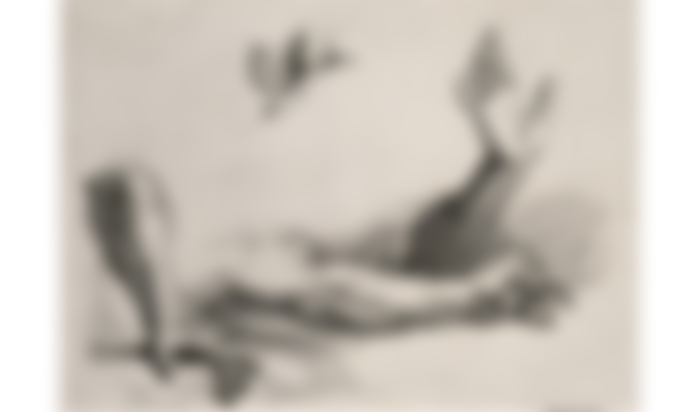
What do Adam Smith, Martin Heidegger, JW von Goethe, a smartphone and Christian theology have in common? A symbol: the hand , answers Jochen Hörisch . In his essay which has just appeared across the Rhine, the specialist in German literature explores the complexity and richness of manual metaphor throughout history.
We live in a “hand-forgetting era”, you write in your latest book, Hände. Eine Kulturgeschichte [“Hands. A cultural history ”; not translated] . Can you explain it?
Jochen Hörisch: We pay great attention to the most varied parts of the body. The brain as the “seat of the personality”; the lungs, which are particularly threatened today; or the intestine, because we believe that our well-being depends on this organ. However, less and less attention is paid to the hands and their abilities. See the devaluation of manual cultural techniques, such as writing, playing a musical instrument, or sewing. These are manual practices in the true sense of the word: manus, in Latin, means "hand".
“We don't use our cell phones with our hands, but with our fingers. So we live in the era of the finger, not the hand ”
Jochen Hörisch
However, we handle our smartphones all day long. Does the hand play an essential role in our relationship to digital?
You can get the impression at first glance. But if we take a closer look, we can see that we are not using our cell phones with our hands, but with our fingers. It is therefore quite correct to call our time the “digital age”. Digitus is the Latin word for "finger". So we live in the era of the finger, not the hand.
Is it a loss in your eyes?
I don't want to sound too culturally pessimistic, but I do believe that we are depriving ourselves of a significant part of our experience of the world if we access the world only by tapping and sliding. Touch is a much more complex matter. To get there ...
